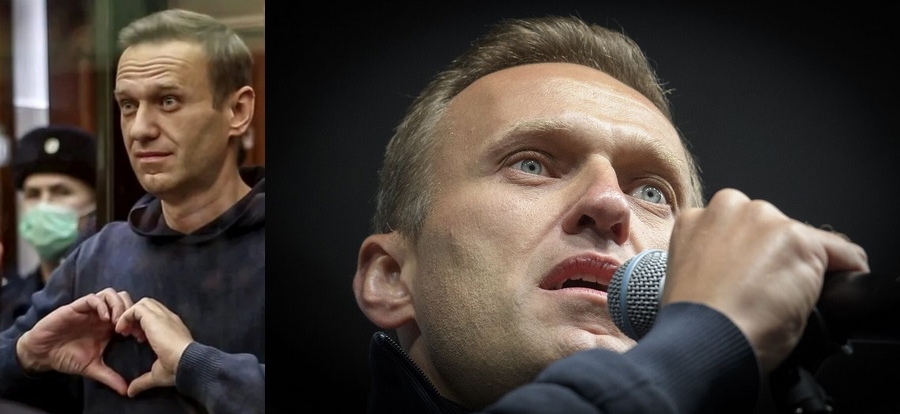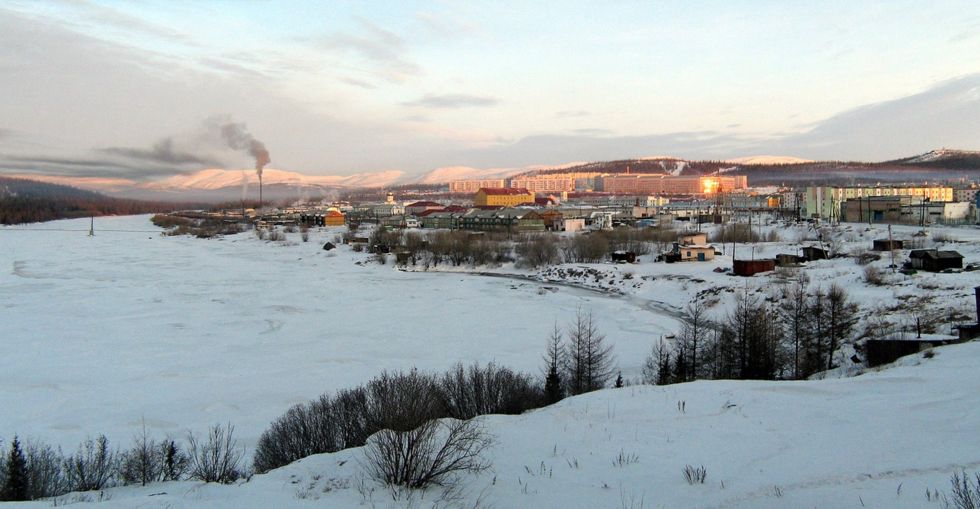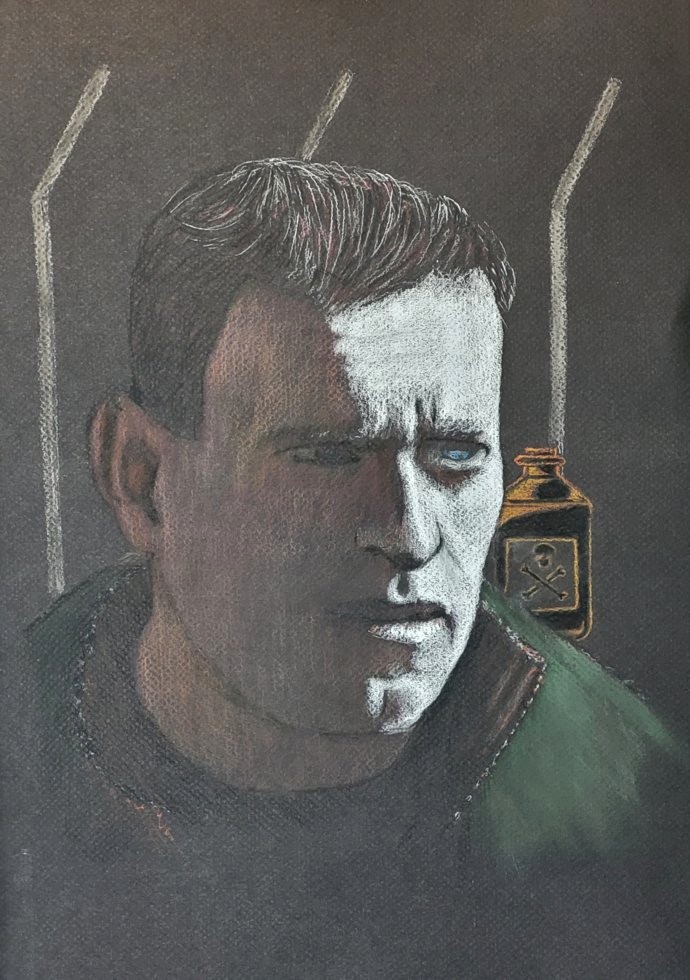
Navalny

Thanks Wikipedia, and The Conversation
Alexei Navalny, 4 June 1976 – 16 February 2024, was of Russian and Ukrainian descent. He identified as half Russian and half Ukrainian.
Navalny was a Russian opposition leader, lawyer, anti-corruption activist, and political prisoner. He organised anti-government demonstrations and ran for office to advocate reforms against corruption in Russia and against President Vladimir Putin and his government. Navalny was founder of the Anti-Corruption Foundation (FBK). He was recognised by Amnesty International as a prisoner of conscience, and was awarded the Sakharov Prize for his work on human rights. Through his social media channels, Navalny and his team published material about corruption in Russia, organised political demonstrations and promoted his campaigns.
On the evening of 28 July 2019, he was hospitalised with severe damage to his eyes and skin. At the hospital, he was diagnosed with an “allergy,” although this diagnosis was disputed by Anastasia Vasilieva, an ophthalmologist who previously treated Navalny after a chemical attack by an alleged protester in 2017. Vasilieva questioned the diagnosis and suggested the possibility that Navalny’s condition was the result of “the damaging effects of undetermined chemicals”. On 29 July 2019, Navalny was discharged from hospital and taken back to prison.
On 20 August 2020, Navalny fell ill during a flight from Tomsk to Moscow. On 14 December, an external investigation implicated agents from Russia’s Federal Security Service (FSB) in Navalny’s poisoning. The investigation detailed a special unit of the FSB, which specialises in chemical substances, and then tracked members of the unit, using telecom and travel data. Navalny was under surveillance by a group of operatives from the unit for 3 years and there may have been earlier attempts to poison Navalny.
On 21 December 2020, Navalny released a video showing him impersonating a Russian security official and speaking over the phone with a man identified by some investigative news media as a chemical weapons expert named Konstantin Kudryavtsev. During the call, he revealed that the poison had been placed on Navalny’s clothing, particularly in his underwear, and that Navalny would have died if not for the plane’s emergency landing and quick response from an ambulance crew on the runway.
On 17 January 2021, Navalny returned to Russia by plane from Germany to Moscow, where he was detained and sentenced in a Moscow court on 2 February 2021, to spend over 2+1⁄2 years in a corrective labour colony.
On 19 April 2021, Navalny was moved from prison to a hospital for convicts, according to the Russian prison service, for “vitamin therapy”. On 20 May, Navalny’s ally Ivan Zhdanov reported that Navalny had “more or less” recovered and that his health was generally satisfactory. On 7 June, Navalny was returned to prison after fully recovering from the effects of the hunger strike.
In February 2022, Alexei Navalny faced an additional 10 to 15 years in prison in a new trial on fraud and contempt of court charges. On 21 February 2022, prosecution witness Fyodor Gorozhanko refused to testify against Navalny in the trial, stating that investigators had “pressured” him to testify to the information they wanted and that he did not believe Navalny had committed any crimes. On 24 February, during his trial, Navalny condemned the Russian invasion of Ukraine that began that day and asked the court to include his statement to the trial’s protocol. He said that it would “lead to a huge number of victims, destroyed futures, and the continuation of this line of impoverishment of the citizens of Russia.” He called the war a distraction to the population to “divert their attention from problems that exist inside the country”.
On 31 May 2022, Navalny said that he was officially notified about new charges of extremism brought against him, in which he was facing up to an additional 15 years in prison. In mid-June 2022, Navalny was transferred to the maximum security prison IK-6 in Melekhovo, Vladimir Oblast.
On 17 November 2022, Navalny stated that he was now in permanent solitary confinement. Infractions besides the attempt to start a labour union among the prisoners were that he did not button his collar, did not clean the prison yard well enough, and that he addressed a prison official by his military rank rather than his name. On 4 August 2023, Navalny was sentenced to an additional 19 years in a “special regime” colony on charges including publicly inciting extremist activity, financing extremist activity, and “rehabilitating Nazi ideology”; the Moscow City Court found him guilty on all charges in a closed-doors trial.
On 11 December 2023 Navalny disappeared, the disappearance came after Navalny was sentenced to an additional 19 years in August and the beginning of campaigning for the 2024 Russian presidential election. On 25 December 2023 he was discovered to be in the IK-3 “special regime” colony, known as “Polar Wolf”, in Western Siberia. He remained there until his death on 16 February 2024. The Federal Penitentiary Service announced that Navalny had died at the prison in Western Siberia after taking a walk and feeling unwell that morning. His body was returned to his mother on 24 February 2024.
Far from erasing Navalny’s message, Putin has on the contrary amplified it, undermining the effect of his own propaganda and undermining the already slim chances of a negotiated solution to the conflict in Ukraine: Navalny’s death has further strained relations between Russia and the West.
One thing appears to be certain: the courage of the thousands of mourners who came to Navalny’s funeral on 1 March only reinforced the existing tension between the culture of heroes as martyrs, who sacrifice themselves for Russia’s democratic future, and the culture of heroes as combatants of the “special military operation”.

The IK-3 “special regime” colony, “Polar Wolf”, in Kharp, Western Siberia.

When scanned the QR code on the mat of the framed work takes the viewer to this web page